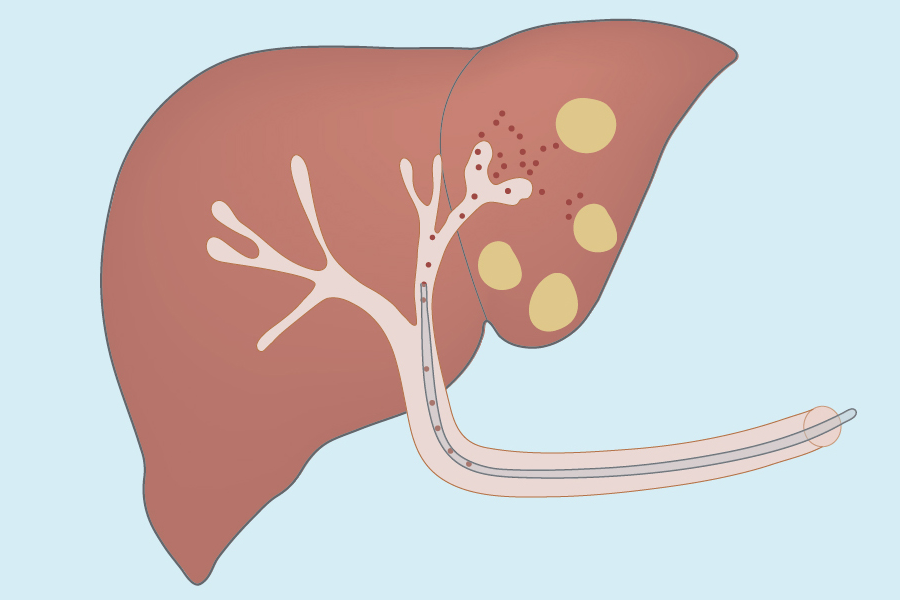Malignant Liver Lesions
Topics: Digestive Oncology, Hepatobiliary
Authors: Helen Reeves, Jean-Francois Dufour, Patrizia Burra, Markus Peck, Dina Tiniakos
Editor: Rui Castro
Release date: March 2017
This course was developed by UEG.
Authors: Helen Reeves, Jean-Francois Dufour, Patrizia Burra, Markus Peck, Dina Tiniakos
Editor: Rui Castro
Release date: March 2017
This course was developed by UEG.
Liver cancer is the sixth most common cancer in the world, but the lack of appropriate prevention and surveillance programs, as well as the need for more effective curative treatments, means it ranks second on the list of cancer-related deaths. As such, over the past few years, clinicians and medical researchers have tried to develop and/or implement more accurate means of surveillance and diagnosis, improved staging systems, novel therapeutic approaches and refined liver transplantation guidelines.
This online course addresses the most relevant aspects pertaining to hepatocellular carcinoma (HCC), which is the most frequent primary liver cancer. Topics covered range from aetiology, epidemiology, diagnosis and staging to locoregional and medical therapies, with emphasis on liver transplantation
Target audience
This course is suitable for practicing hepatologists, as well as liver pathologists, nurses and any other healthcare professionals interested in malignant liver lesions, particularly HCC.
